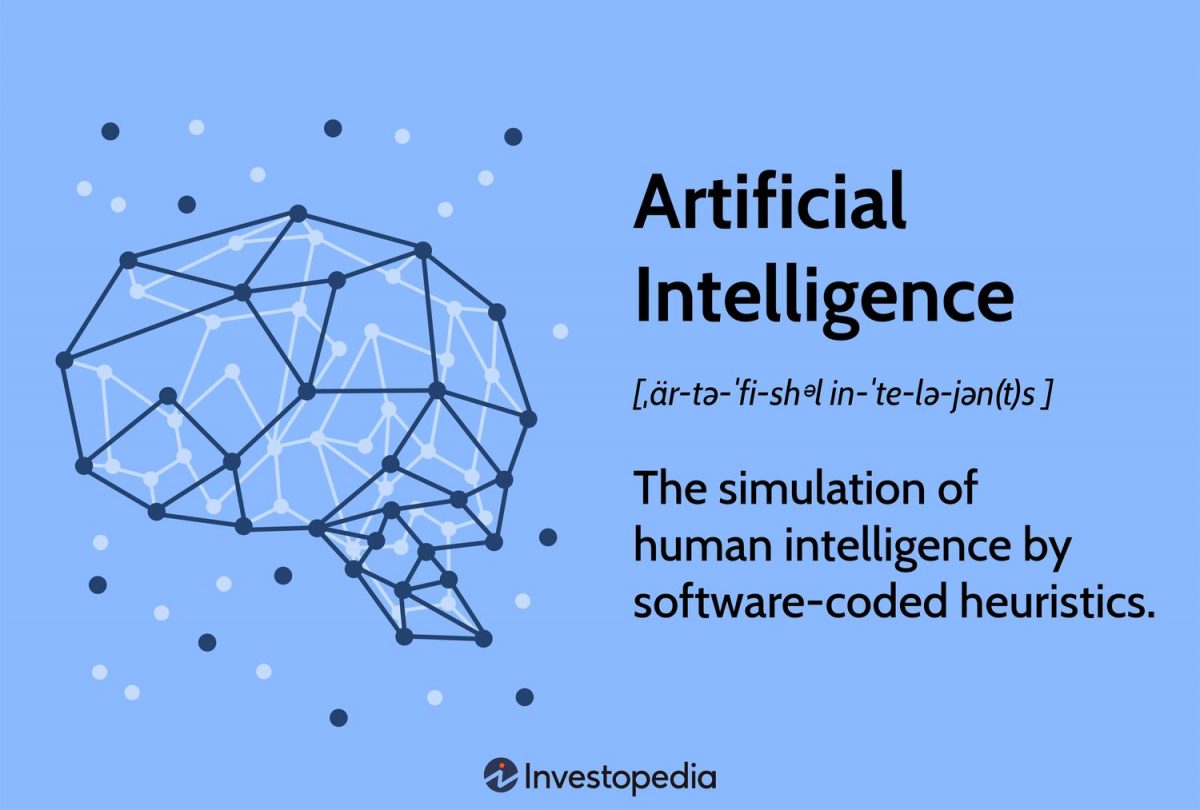In the digital age, Artificial Intelligence (AI) stands as a transformative force, revolutionizing industries, and reshaping the way we interact with technology. From self-driving cars to personalized recommendations on streaming platforms, AI has seamlessly integrated into our daily lives, promising unparalleled convenience and efficiency.
Understanding Artificial Intelligence
Artificial Intelligence, in its essence, refers to the simulation of human intelligence processes by machines, encompassing tasks such as learning, reasoning, and problem-solving. It involves the utilization of algorithms and vast datasets to mimic cognitive functions, enabling machines to perform tasks traditionally requiring human intelligence.
Applications Across Industries
- Healthcare:
- AI has empowered medical professionals with tools for early disease detection, personalized treatment plans, and predictive analytics, thereby enhancing patient care and outcomes.
- Finance: In the financial sector, AI algorithms analyze market trends, detect fraudulent activities, and provide personalized investment advice, optimizing decision-making processes.
- Manufacturing: AI-driven automation streamlines production processes, improves product quality, and reduces operational costs, leading to increased productivity and competitiveness.
- Retail: Retailers leverage AI for demand forecasting, customer segmentation, and personalized shopping experiences, fostering customer satisfaction and loyalty.
Ethical Considerations
While AI presents boundless opportunities, it also raises ethical concerns regarding privacy, bias, and job displacement. Safeguarding data privacy, ensuring algorithmic fairness, and implementing responsible AI practices are imperative to mitigate risks and foster trust in AI systems.
Advancements and Innovations
- Natural Language Processing (NLP): AI-driven NLP algorithms enable machines to understand and generate human language, powering virtual assistants, language translation tools, and sentiment analysis applications.
- Computer Vision: Through computer vision, AI systems can interpret and analyze visual information, revolutionizing industries such as autonomous vehicles, healthcare diagnostics, and augmented reality.
- Generative Adversarial Networks (GANs): GANs facilitate the generation of realistic synthetic data, advancing applications in virtual design, entertainment, and cybersecurity.
The Future Landscape
The future of AI holds immense promise, with continued advancements in machine learning, robotics, and quantum computing. Collaborative efforts among researchers, policymakers, and industry stakeholders are crucial to harnessing AI’s full potential while addressing emerging challenges.
Conclusion:
Artificial Intelligence epitomizes innovation, empowering humanity to overcome complex challenges and unlock new possibilities. As we navigate the evolving landscape of AI, fostering a balance between innovation and ethical responsibility is paramount to shaping a future where AI enriches lives and drives sustainable progress. Embracing AI’s transformative potential, we embark on a journey towards a smarter, more interconnected world.
